Scroll Down to Read Today’s Essay
Subscribe to Baseball History Comes Alive for automatic updates. As a Free Bonus, you’ll get instant access to my Special Report: Gary’s Handy Dandy World Series Reference Guide!
Harvey Haddix Photo Gallery
Click on any image below to see photos in full size and to start Photo Gallery:
Harvey Haddix Near-Perfect Game: One for the Record Books!
“Not a day goes by that somebody doesn’t ask me about that game. I think I got more notoriety from it because I lost.”-Harvey Haddix, years later reflecting on his historic game
I can’t let the week go by without recalling the sixty-third anniversary of one of the most memorable pitching performances in baseball history. Some of us older guys actually remember the game from May 26, 1959. On that date,the Pirates’ Harvey Haddix took a perfect game into the thirteenth inning against the Milwaukee Braves—and actually lost the game! Instead of entering the record books with a rare perfect game, Haddix had to settle for a 12 2/3 innings one-hit complete-game loss.
Haddix had retired 36 consecutive batters that day essentially relying on just two pitches: his fastball and slider. The problem for Haddix and the Pirates was that the Braves’ pitcher, Lew Burdette, was also having a good day, taking a shutout into the thirteenth, scattering 12 singles without walking a batter. The Braves’ lineup was stacked with heavy hitters, including Eddie Mathews, Hank Aaron, Joe Adcock, Wes Covington, and Del Crandall. They had won the National League pennant in the previous two years.
Haddix was perfect through nine, but because the Pirates failed to score, he had to work overtime. With tension and
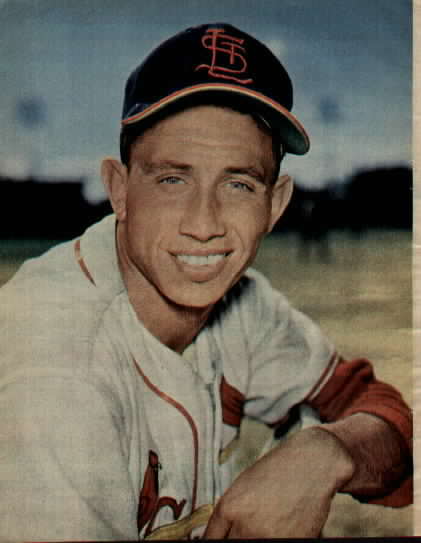
excitement building on every pitch, he was flawless for 10 innings. Then 11. Then 12. He had faced a remarkable 36 batters, and 36 had been retired. Haddix was now in baseball’s version of “uncharted waters.”
Heading into the bottom of the thirteenth, things abruptly unraveled. The Braves leadoff man Felix Mantilla reached on an error by third baseman Don Hoak. Mantilla advanced to second on a sacrifice bunt by Eddie Mathews. Hank Aaron then received a free pass, and so there were two on with one out.
Now things took an unusual turn. Joe Adcock hit what appeared to be a home run, ending the game, 3-0. However, in the ensuing confusion, Aaron left the basepaths and was passed by Adcock for the second out, and the game officially ended as a 2-0 Braves’ victory. The hit was later downgraded to a double by National League president Warren Giles. Only Mantilla’s run counted, for a final score of 1-0.
“There’s never been a game like this,” said Bill Virdon, the Pirates center fielder that night.
Today, a pitcher gets credit for a quality start if he gives up no more than three runs in six innings. Put that up against a 13-inning game, featuring just two pitchers. What would you call this one?
And what about Haddix’s historic effort? Should he get credit for a perfect game? A no-hitter maybe? As it turns out, neither. In 1991, Major League Baseball redefined the definition of a no-hitter to “a game in which a pitcher or pitchers complete a game of nine innings or more without allowing a hit.” The rule had the effect of proclaiming that Adcock’s drive ended Haddix’s no-hit bid, regardless of the score or the game’s ultimate outcome. Despite his having thrown more perfect innings than anyone in a single game in all of baseball history, Haddix’s game was taken off the list of no-hitters.
Harvey Haddix played 14 years in the major leagues (1953-65) for the Cardinals (1952–56), Phillies (1956–57), Reds (1958), Pirates (1959–63) and Orioles (1964–65). Over his career, he went 136-113 with a 3.63 ERA, 1,575 strikeouts, 99 complete games, 21 shutouts. His best season was 1953 while with the Cardinals gong 20-9 with 163 strikeouts, 3.06 ERA, 19 complete games and six shutouts. He was a three-time All-Star, a three-time Gold Glove winner, and holds the major league record for most consecutive batters retired in one game (36). He was one of the stars of the 1960 World Series, winning Game Five as a starter, and was the winning pitcher in relief in Game Seven which ended on Bill Mazeroski’s historic walk-off home run.
Harvey Haddix died from emphysema in 1994 at the age of 68. So today we gladly shine our baseball spotlight on a truly historic game: Harvey Haddix’s near-perfect game of May 26, 1959.
Gary Livacari
Subscribe to our website, “Baseball History Comes Alive!” with over 1200 fully categorized baseball essays and photo galleries, now closing in on the one million hits mark with 812K hits and over 600 subscribers: www.baseballhistorycomesalive.com
Information: Excerpts edited from Harvey Haddix Wikipedia page.
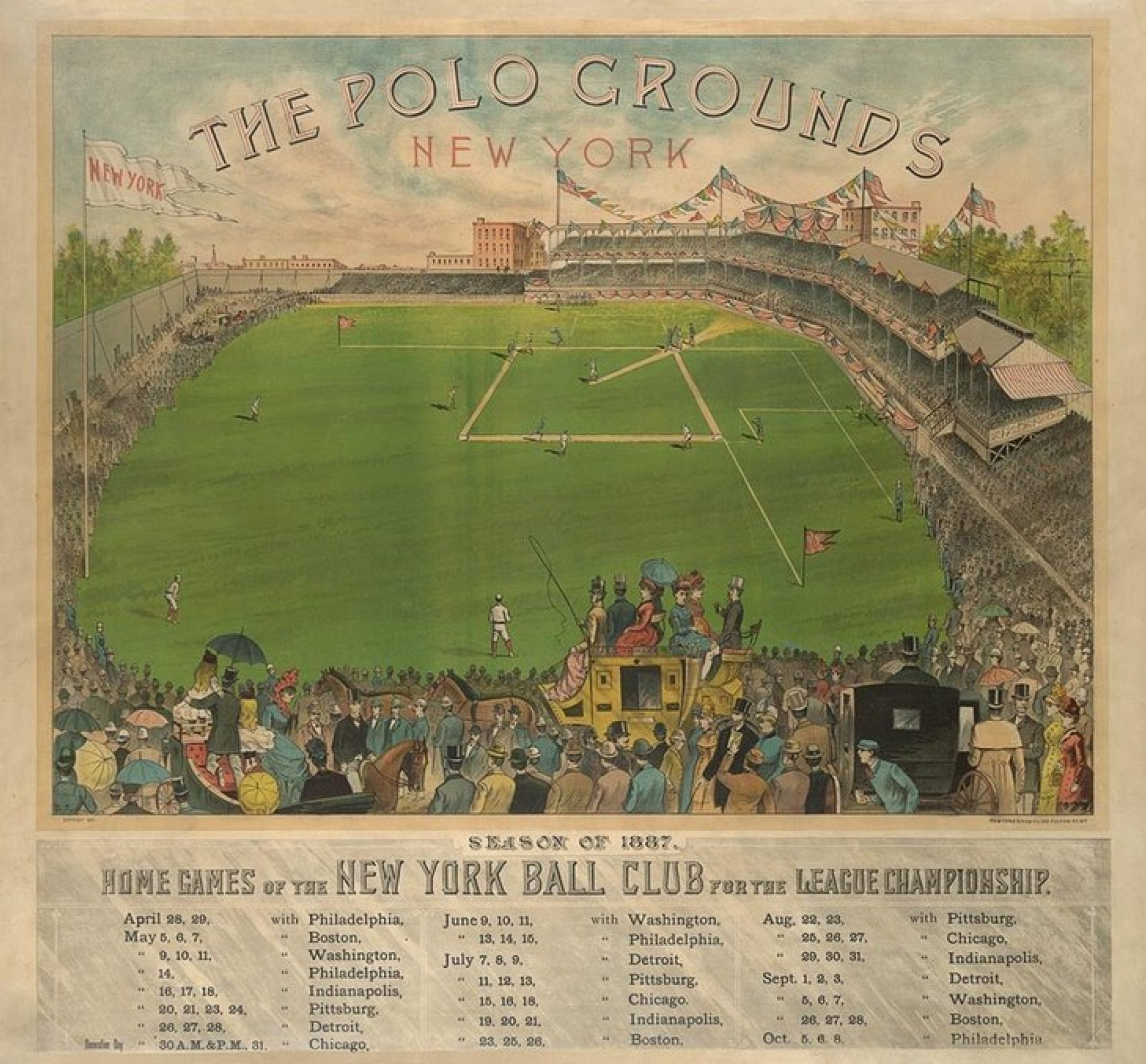
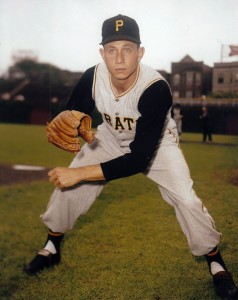
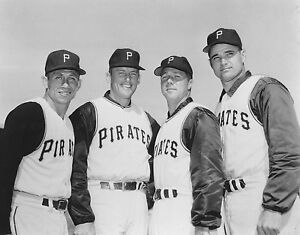
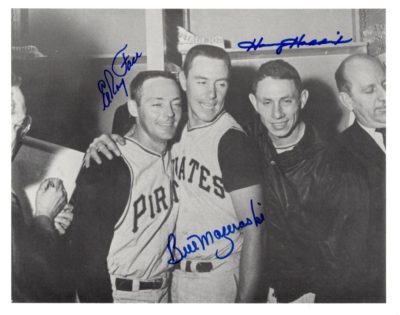
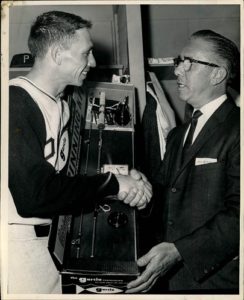
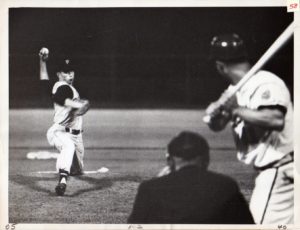
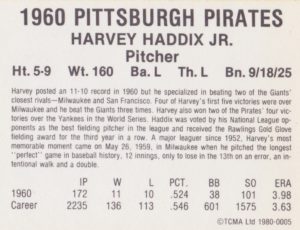
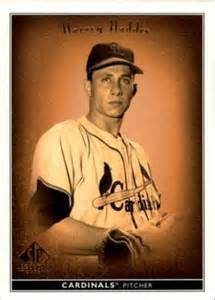
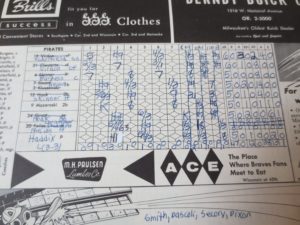
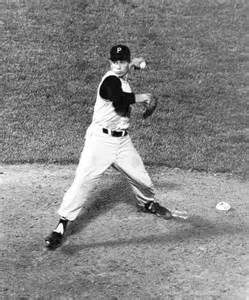
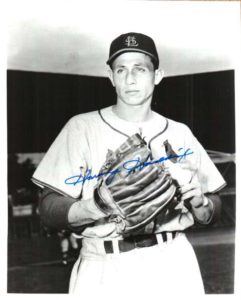
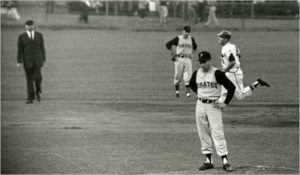
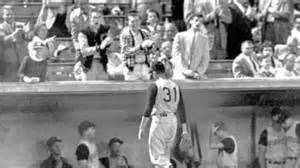
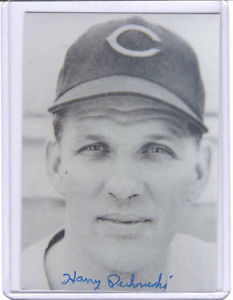
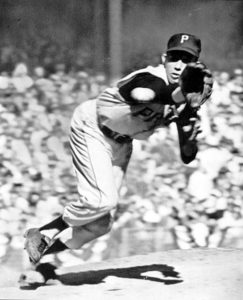
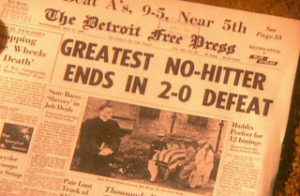

Such a legendary performance that I wish I had seen – or listened to! Thanks and well done Gary. It’s one of those stories that does not get old.
Very nice article on an incredible performance. Well done!
If Harvey pitched this game today he would be greeted by a runner on second base in each extra inning.
Did that runner “reach” second and break up the perfect game?
Suppose the runner on second stole third and came home on a passed ball. Would Harvey lose a perfect game 1 – 0?
Great points, Ed! Thanks!
Thanks, Gary. Time and time again you prove this is THE website for baseball fans (pretty good for folks who are just interested in interesting things, also).
The short change on “The Kitten” is nothing short of criminal. Here’s what the common sense rule should be: Any pitcher who gets 27 outs, completing nine innings of pitching, without yielding a hit, shall be credited with a no-hitter.
Any pitcher who retires 27 consecutive batters without allowing any to reach base via a hit, walk, hit batsman, or an error committed by any fielder shall be credited with a perfect game. (the rule will also apply to multiple pitchers involved over the course of nine innings in those games).
Whatever happens from the 10th inning on, shall have no bearing on pitching performance in the above stated instances. Too logical?
And, Ed, glad you brought up the runner on second. Thought sure the Master Minds would have eased up a bit on that. Way too sudden. How about the 12th inning?